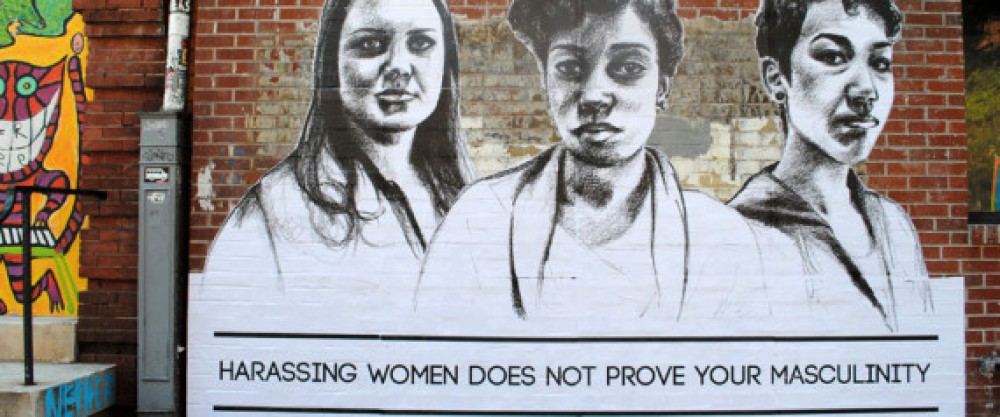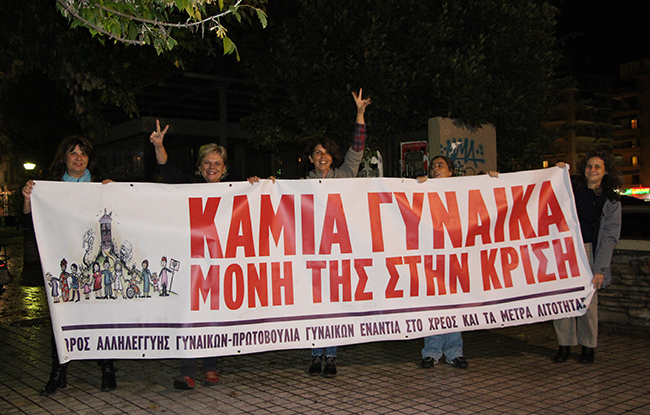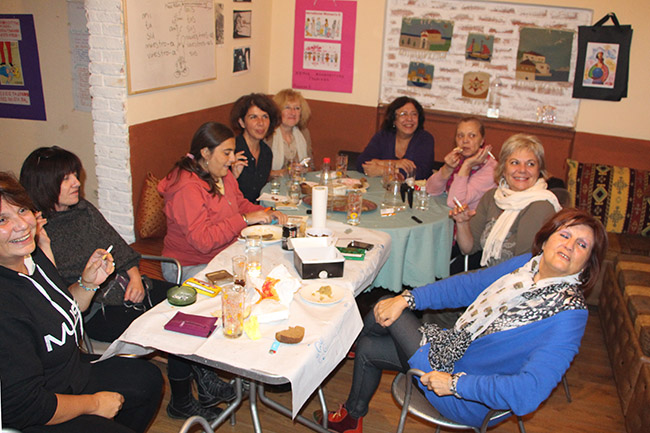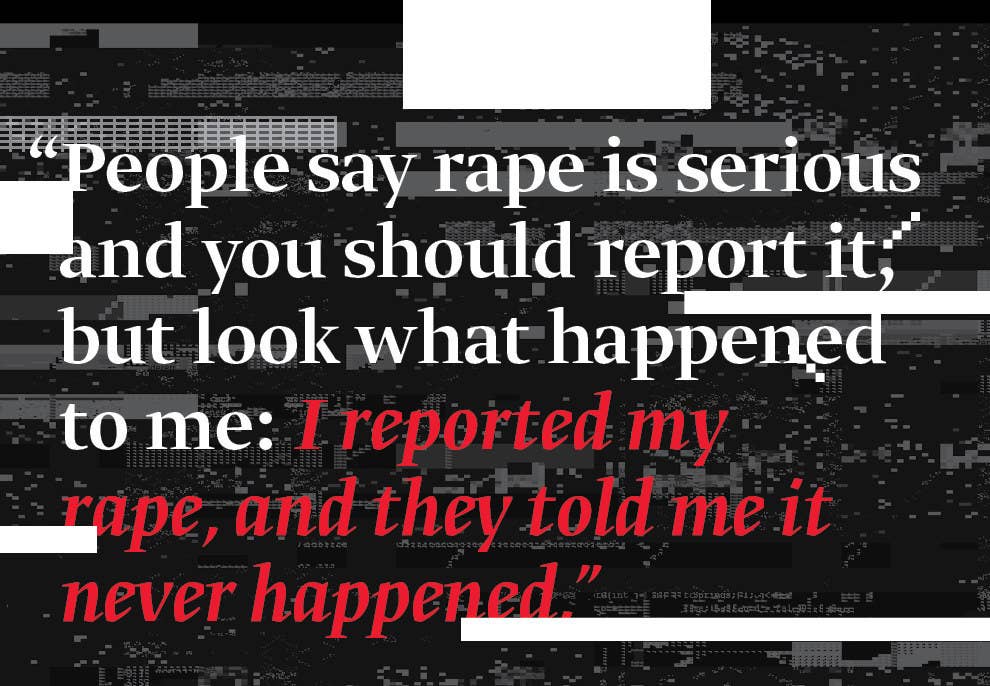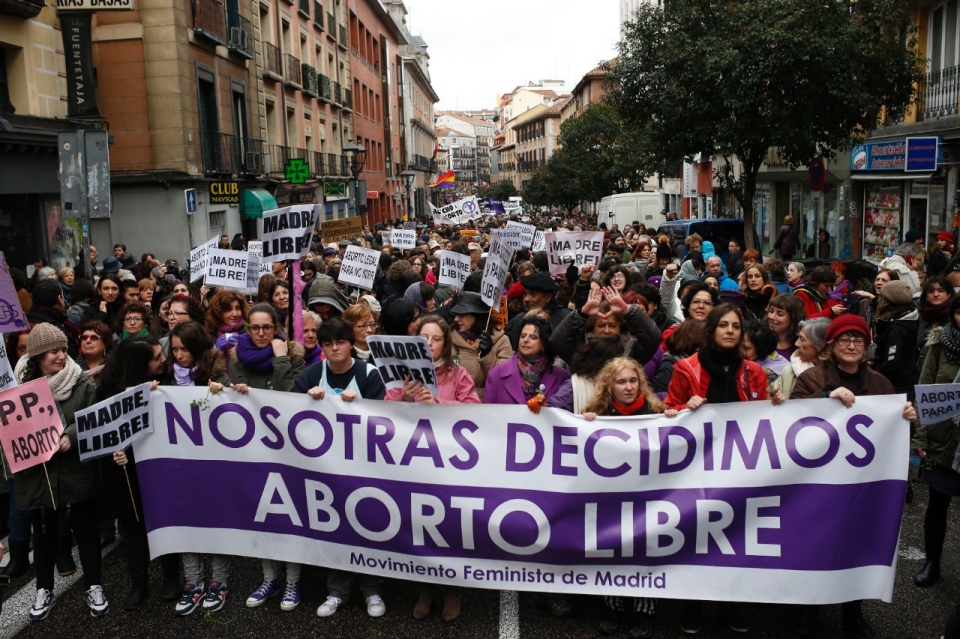
Harmondsworth, 2006
According to a report released today, 2015 recorded “the highest number of executions … in more than 25 years (since 1989).” Along with the `highest number of executions”, many jails, prisons and immigrant detention centers are experiencing the highest number and the highest rates of suicide. Once more into the global work of necropower: “In our contemporary world, weapons are deployed in the interest of maximum destruction of persons and the creation of death-worlds, new and unique forms of social existence in which vast populations are subjected to conditions of life conferring upon them the status of living dead … Under conditions of necropower, the lines between resistance and suicide, sacrifice and redemption, martyrdom and freedom are blurred.” Welcome to the necropolis.
In the United Kingdom, the number of suicide attempts in “immigration removal” centers is at an all-time high. In 2015, there were 393 attempted suicides recorded. Harmondsworth topped the list at 105. Yarl’s Wood came in second at 64. In 2014, there were 353 attempted suicides. Harmondsworth led again with 68, and, again, Yarl’s Wood came in second with 61. In 2015, 2,957 detainees were on suicide watch during 2015. Of that number, 11 are children.
Meanwhile, in 2014, prison suicides in England and Wales reached a seven-year high. The Probation Ombudsman for England and Wales found a 64% increase in self-inflicted deaths in custody over the previous year. There is no surprise in either the seven-year high in prisons in England and Wales, nor in the all-time high in immigrant detention centers.
In the United States, during the Obama administration, there have been 56 deaths in ICE custody. These include six suicides and at least one death after an attempted suicide. Eloy Detention Center, in Eloy, Arizona, holds pride of place in this race to the bottom. As of July 2015, 9 percent of detention deaths nationwide since 2003 occurred at Eloy, where 14 of the 152 total deaths occurred. In 2013, women prisoners in Eloy went on hunger strike to protest the conditions. As Thesla Zenaida, an Eloy hunger striker, explained: “Look, a girl hanged herself. A girl was hanged here. [After] she was hanged, they didn’t want to take her body down. And for the same reason—because they treat us poorly. A guard treated her poorly, and that guard is still working here.” And now, three years later, people still ask, “Why so many suicides?
Meanwhile, in 2015, the Arizona prison system recorded close to 500 attempts at self-harm and suicide, another record broken.
In Illinois, in the Kane County jail, the suicide rate is three times the national average, and no one on staff seems to care. In August 2013, Terry Ann Hart hung herself in the Kane County jail. Now, almost three years later, her daughter is taking the county and the sheriff to court. In a little over a year, Kane County had three suicides and one attempt, while nearby larger jails had no suicides from 2011 to 2015. Terry Ann Hart’s daughter wants to know how it’s possible for so many people to kill themselves and for no one to be held accountable and for nothing whatsoever to change inside the jail.
The family of Wakiesha Wilson, who died in the Los Angeles County Jail last month, has similar questions. How did their loved one die, and why did the State take so long to inform them? From Harmondsworth and Yarl’s Wood to Eloy Detention and Kane County and Los Angeles, and beyond, women are dropping like flies, and their families ask, “Why?” and “Who cares?”
In France, due to two recent high profile prison suicides, people are asking why the rate of suicide in French prisons is so high. Coincidentally, a report released this week notes, “Suicide rates in French prisons are higher than in the general population – seven times as high … According to the French government, there were 113 suicides in French prisons in 2015 … Female prisoners with psychosocial disabilities face particularly harsh conditions in French prisons. Women in general, who are a minority in prison, are more restricted in their movements than men and have less access to treatment for mental health conditions than their male counterparts. Women detained in a prison with separate quarters for female and male prisoners described … how, unlike the men in the same facility, they had to be escorted in all their movements. Besides making them feel isolated, this gives women the sense that they are treated more harshly only because they are women. Female prisoners also face discrimination in their access to mental healthcare: while 26 Regional Medico Psychological Services (SMPR) in French prisons provide mental healthcare during the day and beds for the night, only one of them has beds for women.”
From executions to prison suicides, these numbers are the census of the death-world, where now what is blurred is the line between the living dead and the dead dead. Record-breaking numbers of suicides occur, and nobody knows? How much higher must the piles of women’s corpses rise before the `discoveries’ end and the work of justice begins? Look, a girl hanged herself. A girl was hanged here. ¡Ni una mas! Not one more!
(Photo Credit: Institute of Race Relations)

